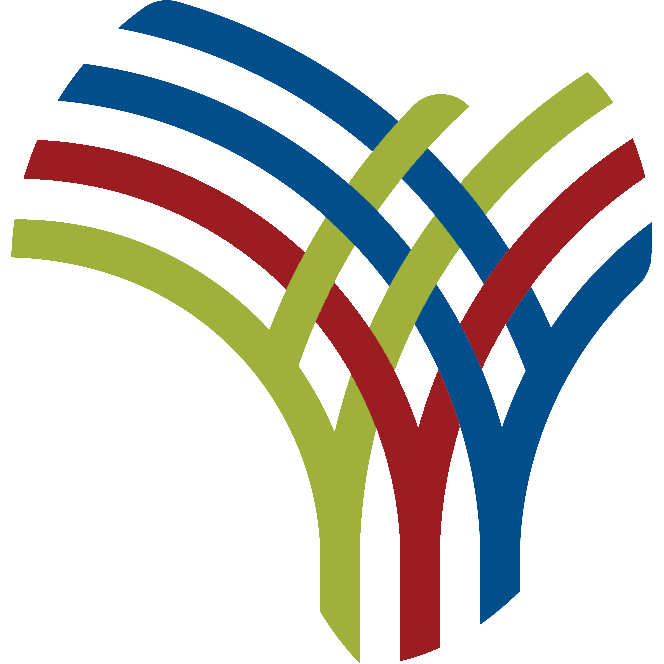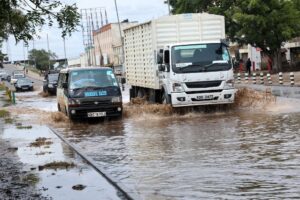AS Tanzania prepares for the upcoming local government elections on November 27, activists and stakeholders are calling for more civic education, particularly targeting marginalised groups such as youth, women and people with disabilities.
They argue that it is critical for these groups to fully understand the importance of participating in the electoral process to foster inclusivity and ensure that their voices are heard in political decision-making.
The local government elections will serve as a precursor to the country’s general election in 2025.
In an interview with Daily News, General Secretary for Vijana Connect Tanzania, Mr Soba Sanganya, stressed the need for increased educational efforts aimed at encouraging youth participation in political processes.
He pointed out that harbour negative perceptions about democratic processes, leading to low voter turnout and minimal engagement in political affairs.
“Youth participation in political matters remains alarmingly low, not because of a lack of awareness campaigns, but due to negative attitudes and perceptions about politics.
Many young people see politics as a waste of time, which significantly affects their engagement. This is why civic education, specifically targeting youth, is crucial,” Mr Sanganya said.
Mr Sanganya underscored the importance of enlightening young people about the significance of their votes and how their involvement in choosing leaders could directly impact their future and the development of their communities.
On the issue of women’s participation, Ms Victoria Melami, Managing Director of Timiza Ndoto Initiative, a non-profit organisation dedicated to empowering women and girls in leadership, technology and economic development, noted that progress has been made in encouraging women to participate in politics.
“To some extent, we are seeing more women becoming motivated to participate in politics. Women are now more empowered to engage in elections, both as voters and candidates,” Ms Melami explained.
“Despite ongoing efforts, the biggest challenges remain a lack of education and entrenched societal attitudes that discourage women from getting involved in politics.
Additionally, the lack of financial resources for campaigns continues to be a major obstacle for women aspiring to run for leadership positions,” she said.
ALSO READ: INEC calls for proper handling of PVR kits
Ms Aneth Diarana, a representative from FUWAVITA, an organisation that supports women with disabilities through leadership and economic empowerment programmes, called for intensified efforts to raise awareness of electoral rights for people with disabilities.
She emphasised that many people with disabilities lack the necessary education and support to fully understand their rights and how to participate in elections and political processes.
However, Ms Diarana highlighted the need for the government to invest in improving voting infrastructure and services to make polling stations more accessible for people with disabilities.
“The government and election stakeholders must ensure that polling stations are equipped with the necessary support services and infrastructure to accommodate people with disabilities,” she said.
Ms Mary Kiria, a youth representative from the Ladies of Value NGO, called on political parties to provide more opportunities for youth and women who are interested in participating in elections and political leadership.
She criticised political parties for primarily using young people and women for campaigns, without giving them a genuine chance to compete for leadership positions.
Meanwhile, the Independent National Electoral Commission (INEC) continues its efforts to register voters and update information in the Permanent Voters’ Register (PVR) ahead of the elections.
The Commission is also working in collaboration with civil society organisations to provide voter education as part of an ongoing campaign to encourage citizens to exercise their constitutional right to vote.
Source: allafrica.com














